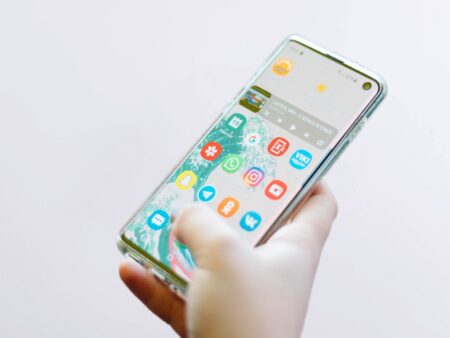It’s almost been a decade in the making: 5G is now a reality. Wireless carriers have started rolling out 5G to a few cities a few years ago, and mobile internet access is now widely available, depending on your phone plan. But what exactly is 5G?
It sometimes seems as though there are more questions about 5G than there are answers available. Some wonder where it is available, and if they’ll ever see it in their own city, while others are interested in which 5G phone they should invest in.
What is 5G?
While there are a lot of specifics to 5G, here’s a quick primer.
5G is basically the 5th generation of mobile broadband that will go on to eventually replace, or at least augment, your usual 4G LTE connection. With this generation, you get much faster download and upload speeds with reduced latency, which is the time it takes devices to communicate with wireless networks.
This network is expected to be inherently more efficient with handling more connections per tower and providing faster speeds per user. It is also designed to work across a much wider range of radio frequencies, which opens up new possibilities in the ultra-high mmWave bands so that carriers can expand their network offerings.
Since 5G is an entirely new technology operating on new frequencies and systems, 4G phones are currently incompatible with the new 5G network.
If you currently live in a relatively populated area, at least one of the major carriers you’re acquainted with likely already offers 5G; few examples being T-Mobile, AT&T, and Verizon who have all rolled out their so-called ‘nationwide’ networks.
All major U.S. carriers are currently working furiously to build out 5G networks, but deployment across the entire country is expected to take several years.
There have been recent health concerns regarding 5G, but you can rest easy. 5G is not dangerous to your health, as concerns around the safety of radio waves have been around for ages, but we are yet to find any evidence suggesting that they’re actually bad for your health. These radio waves are not different from those we’ve been living with for decades now.
There are two types of radio waves, called Ionizing and non-ionizing. Ionizing waves are considered dangerous for human health. 5G radio waves aren’t ionizing radio waves.








